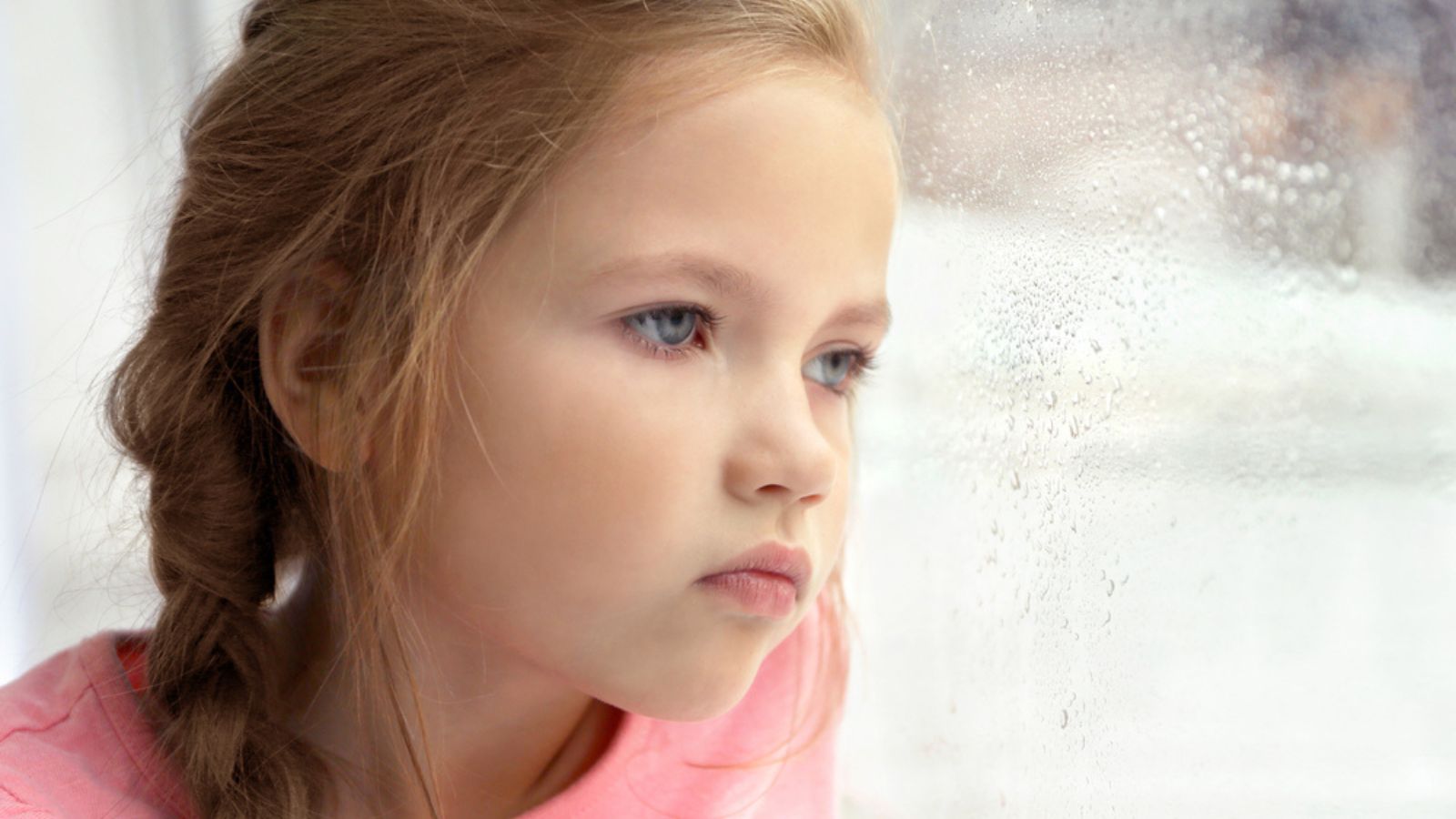15 Signs of an Unhappy Childhood That Affects Adult Functioning
This post may contain affiliate links. As an Amazon Associate, I earn from qualifying purchases.
Think about this: many unhappy adults are just unhappy children who didn’t get the healing they needed.
According to the National Abuse and Mental Health Services Administration, at least two out of three children have had a traumatic event by the time they reach 16 years of age.
An unhappy childhood is not just a phase that one can simply outgrow with age. A troubled childhood affects a person’s emotional, psychological, and social growth. These issues can follow someone into adulthood, changing how they act, relate to others, and see themselves.
Recognizing the signs of an unhappy childhood is crucial for adults striving for self-improvement and seeking help. It’s the first step in breaking the cycle of negativity. How do you know your childhood is affecting your adulthood? Here are the signs:
1. Difficulty Trusting Others
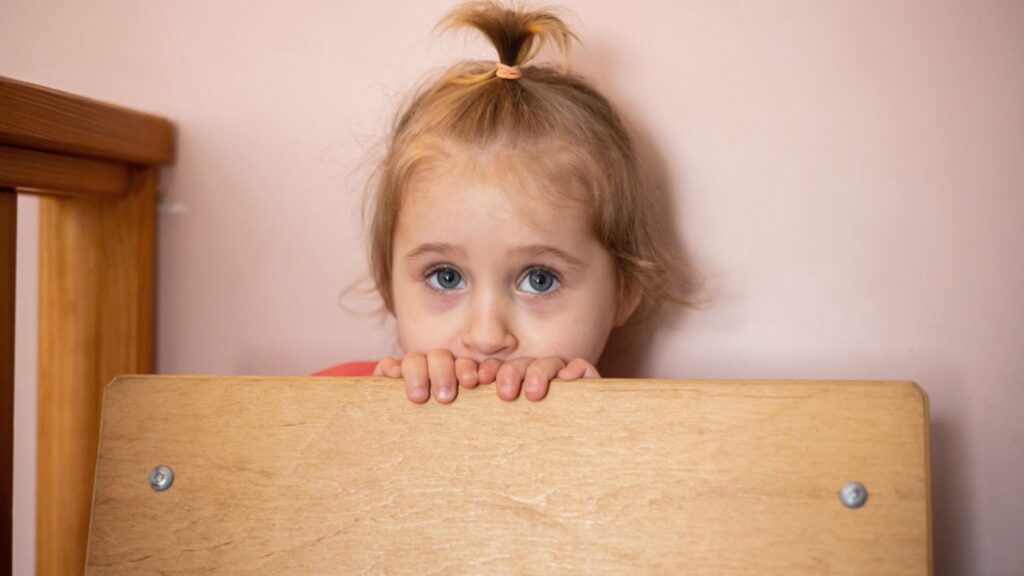
Children are naturally very easily trusting, and if you say you will bring them candy or be present for their recital, they expect you to show up with candy or see you in the audience. Was your child full of broken promises?
Early betrayals or inconsistencies in their primary caregivers’ behavior breed adults with trust issues. This lack of trust can lead to problems in forming close relationships. Trust is hard to develop; give people the benefit of the doubt as a start.
2. Low Self-esteem
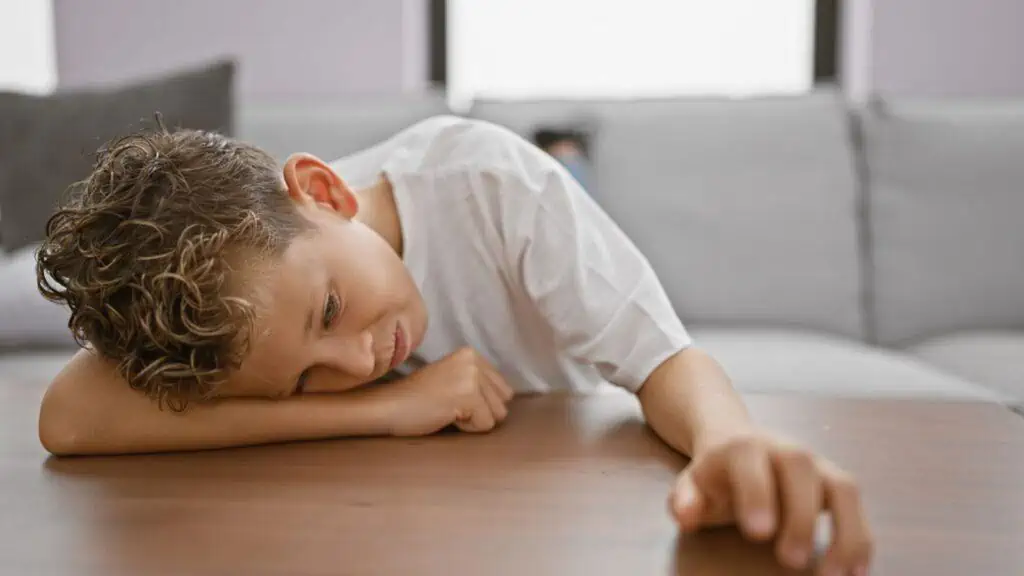
Low self-esteem is a common aftermath of an unhappy childhood, where individuals constantly doubt their worth and capabilities. This might be due to persistent criticism during their formative years, leading to a critical inner voice that undermines their achievements and magnifies failures.
Low self-esteem can manifest in various ways, such as constantly seeking validation from others or avoiding challenges and opportunities due to fear of failure. Practice affirmations and see yourself in a different light. Stand in a mirror if you must and affirm yourself until you believe it.
3. Chronic Anxiety or Depression

Are you always anxious about everything? Do you always feel like danger or a bad thing is lurking at the corner, so much that it weakens you? Unresolved traumas from childhood can manifest as chronic anxiety or depression in adulthood.
Individuals might struggle with persistent feelings of sadness, emptiness, or worry. These feelings seem disconnected from their current circumstances, indicating deep-seated emotional scars.
4. Fear of Abandonment
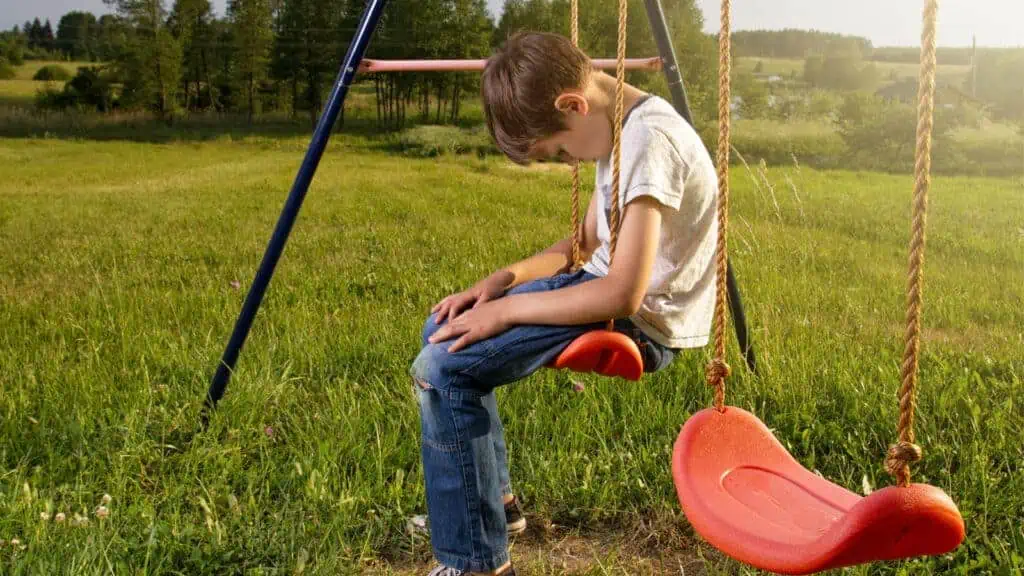
Do people canceling plans on you make you feel like they abandoned you? Are you always waiting for the people who say they love you now to leave soon? The fear of abandonment often torments those who had less-than-perfect childhoods, particularly if they experienced loss or neglect.
This fear can sabotage adult relationships, prompting clingy or demanding behavior. Conversely, it can cause individuals to push others away before they get too close. Open yourself up to people, and forgive them if they disappoint you. It’s not about you, sometimes people are dealing with their own struggles.
5. Difficulty Expressing Emotions
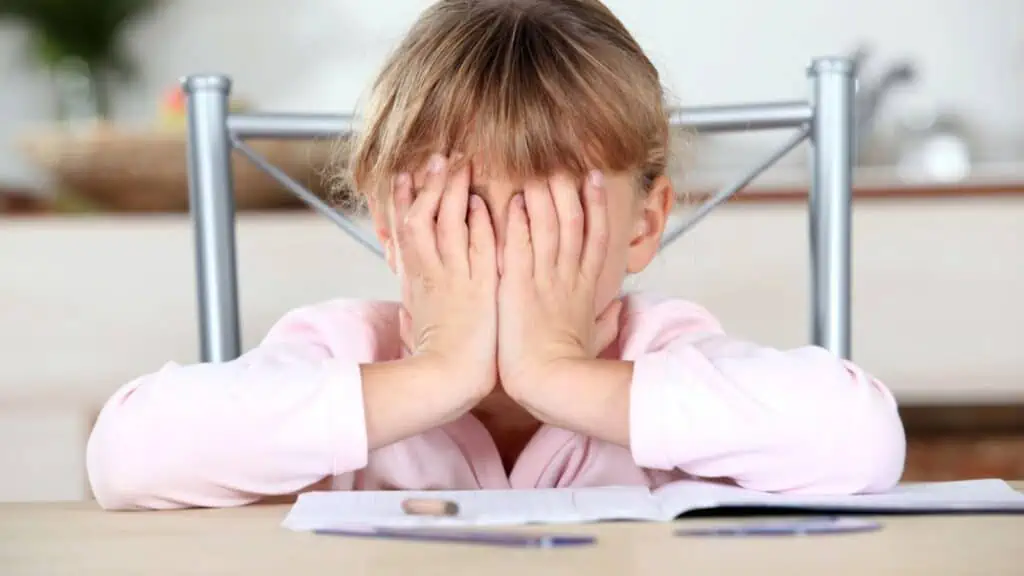
Some grownups today cannot recall their parents saying, “I love you.” Most of them now have trouble expressing emotions to those they care about. Growing up in an environment where emotions are ignored or punished can lead individuals to suppress their feelings.
This can result in difficulty identifying, expressing, or managing emotions in adulthood. This often results in emotional numbness or inappropriate emotional responses to situations.
6. Perfectionism or Fear of Failure
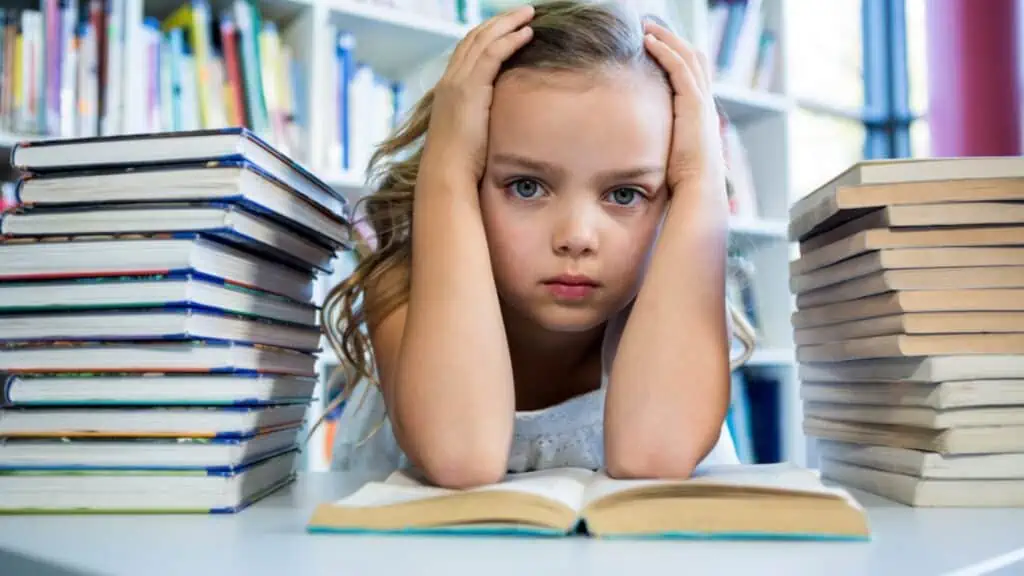
Have you met overly ambitious or competitive individuals who stop at nothing to beat everyone? Constantly chasing perfection or being afraid of failing often comes from a childhood where love and approval depended on success. Children who grew up in critical or demanding environments may carry this pressure into adulthood, leading to perfectionism or a fear of failure.
Such people constantly strive for unattainable standards and experience intense anxiety when they make mistakes. This can also lead to procrastination or avoiding challenges altogether. These adults may also avoid taking risks or engage in self-sabotaging behaviors that prevent failure.
7. Substance Abuse or Other Compulsive Behaviors
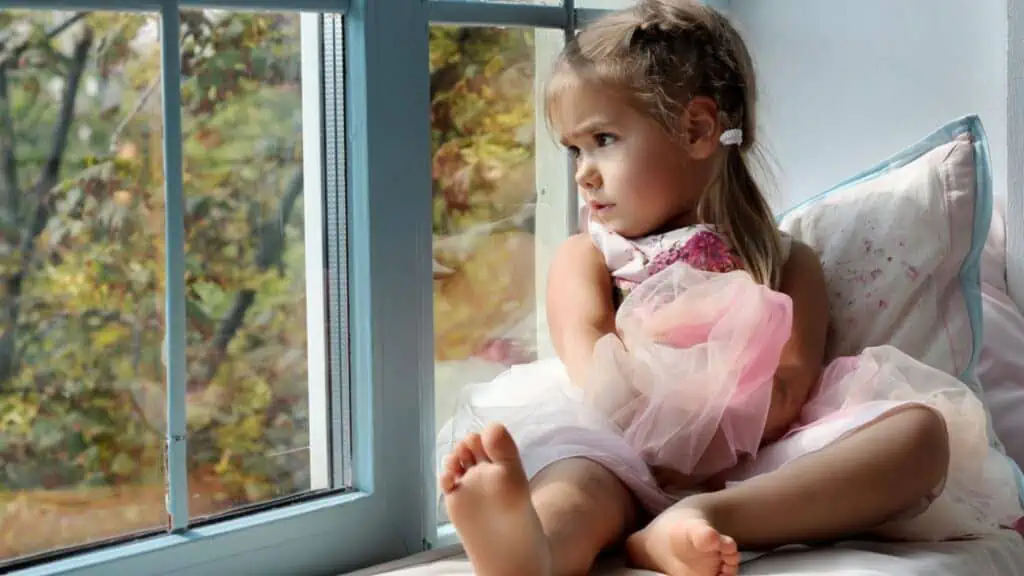
Adults trying to cope with the effects of an unhappy childhood may turn to substance abuse or other compulsive behaviors as a form of escape. These behaviors serve as temporary relief from emotional pain but can lead to long-term health and social problems.
Finding healthy coping mechanisms and addressing the root cause of these behaviors is crucial for breaking this cycle and achieving inner peace. Seek professional help if you’re struggling with substance abuse.
8. Difficulty with Intimacy
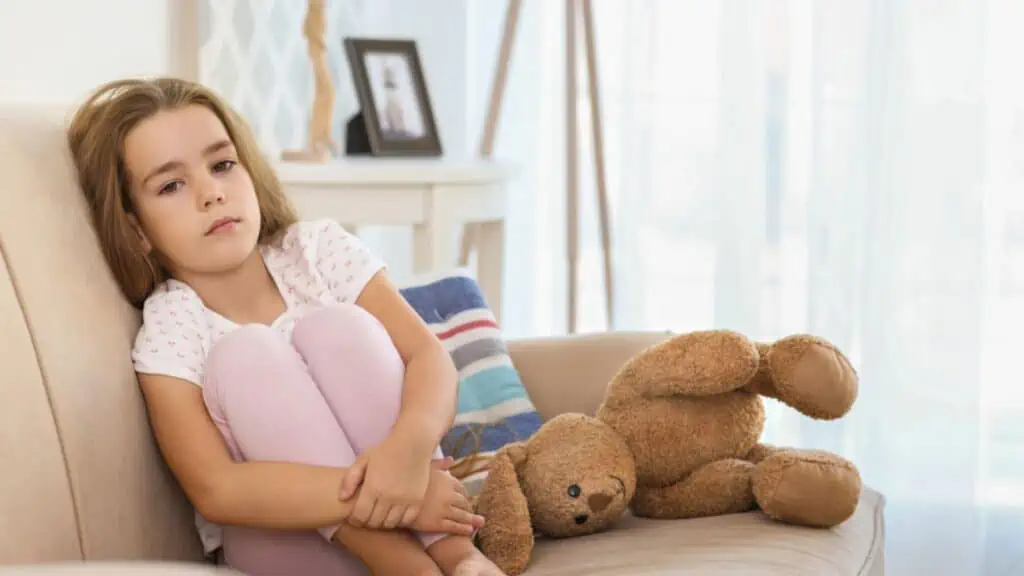
Do you struggle with hugging people, even close ones like your children? Early childhood experiences influence one’s approach to intimacy in adulthood. Those from unhappy backgrounds might struggle with physical or emotional intimacy.
They may maintain a distance in relationships or become overly dependent on partners. This can also make it difficult to set boundaries and maintain healthy relationships.
9. Overwhelming Feelings of Guilt or Shame

Are you one of the people who always feels worthless when you make a mistake? Are you always apologizing for everything? Individuals affected by unhappy childhoods may carry an unjustified sense of guilt or shame into adulthood. This can stem from internalizing blame for their circumstances as children, affecting their ability to perceive themselves in a positive light.
They may also constantly seek approval or validation from others, leading to poor self-esteem and unhealthy relationships. Experts call this toxic shame. Be kind to yourself and practice mindfulness. Seek professional help if the shame is causing you to think harmful thoughts.
10. Lack of Self-awareness

Growing up in an unhappy environment can cause individuals to disconnect from their emotions and inner selves. This lack of self-awareness can hinder personal growth and prevent one from understanding their needs, values, and goals.
Self-awareness is crucial for leading a fulfilling life and having meaningful relationships. If you struggle with self-awareness, practice self-reflection and seek therapy.
11. Struggling with Setting Boundaries

It’s good to set healthy boundaries, but individuals whose childhoods were hurtful may not be able to do this. This inability often arises from a deep-seated fear of confrontation or rejection. They might overcommit, tolerate disrespectful behavior, or find it difficult to say no, even to their detriment.
Know your limits and communicate them respectfully but firmly. Boundaries will protect your well-being and help you maintain healthy relationships.
12. Tendency to Isolate
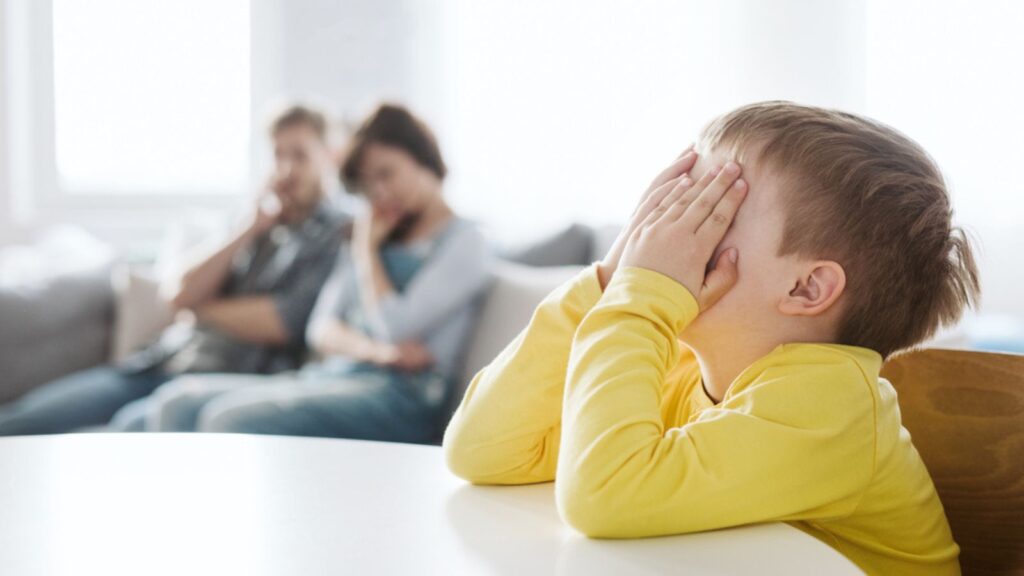
Isolation is a common behavior in those with an unhappy childhood, often stemming from a fear of being misunderstood, judged, or hurt by others. This underlying fear can significantly impact one’s ability to interact socially, leading to a profound sense of loneliness even in crowded rooms.
Lack of social interaction can perpetuate feelings of isolation, creating a vicious cycle that is hard to break. Building trust and opening up to others is essential to overcoming this barrier to meaningful relationships.
13. Persistent Negative Self-Talk
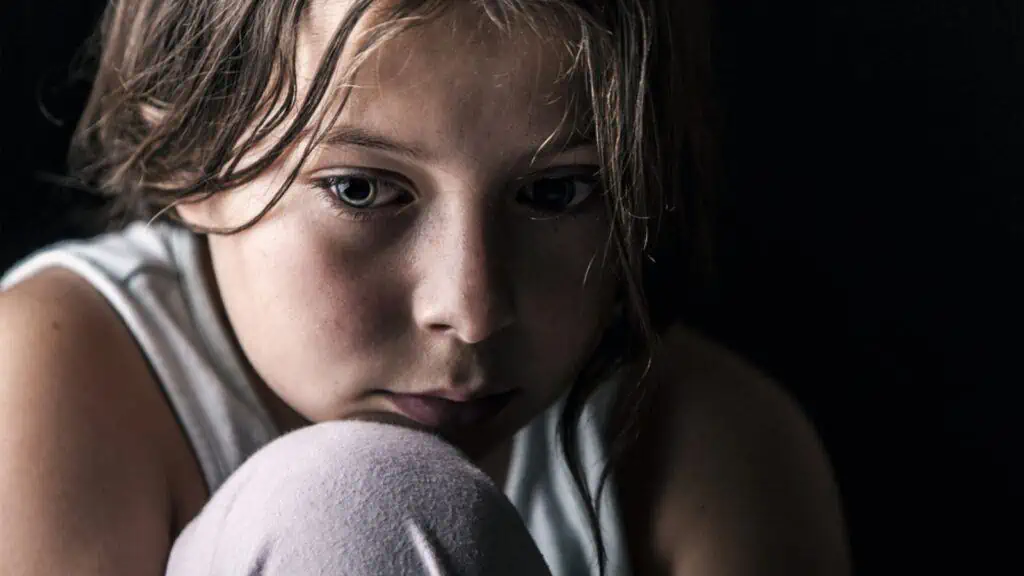
Would you talk to others in the same tone and attitude that you talk to yourself? Are you encouraging or negatively critical of yourself? The internal narrative of individuals who grew up in unhappy homes is often critical and negative. This constant self-deprecation can sabotage efforts toward personal goals and significantly lower your quality of life.
Seek a support system and an environment that is therapeutic. Foster a more positive self-image and make strides towards achieving a happier, more fulfilled life.
14. Intense Reaction to Criticism

An overly intense or emotional reaction to criticism can signify an unhappy childhood. Such individuals may perceive criticism as a personal attack stemming from a history of being undervalued or berated during their formative years. This can lead to a constant need for reassurance and an inability to process constructive criticism.
Building resilience to criticism is vital to overcoming this barrier. Remember, feedback is an opportunity for growth, not a criticism of your worth as a person.
15. Emotional Outbursts
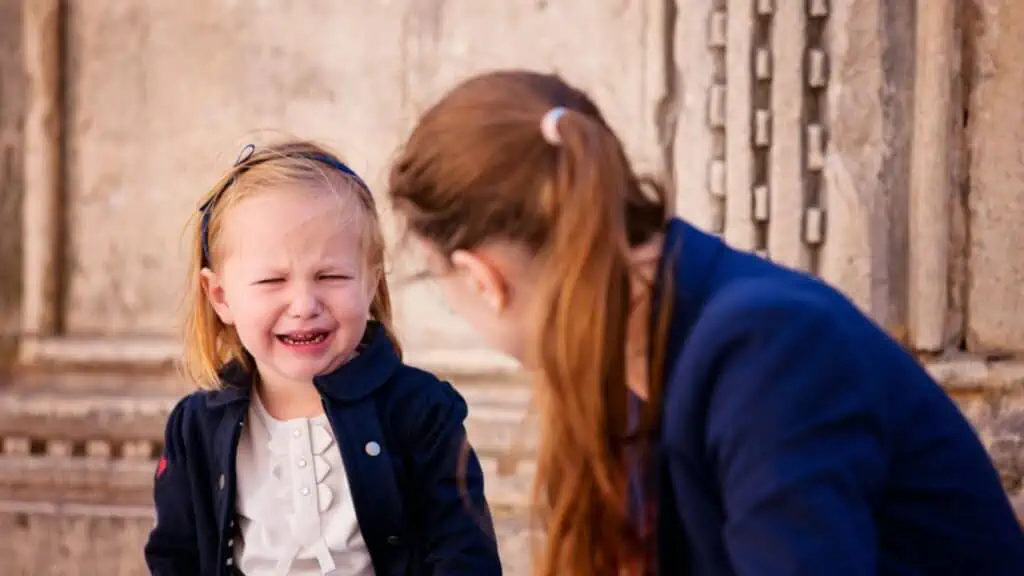
Frequent and seemingly unprovoked emotional outbursts can manifest suppressed childhood emotions. Adults might find themselves reacting disproportionately to situations because of unresolved pain. This can strain relationships and lead to a cycle of emotional distress.
No one wants to be near people who blow their lids at the slightest provocation. Learn to regulate your emotions, be honest about what you feel, and identify your triggers. Choose to respond better to things even when they’re overwhelming, and seek professional help.
20 Strong Words Parents Should Never Say to Their Kids
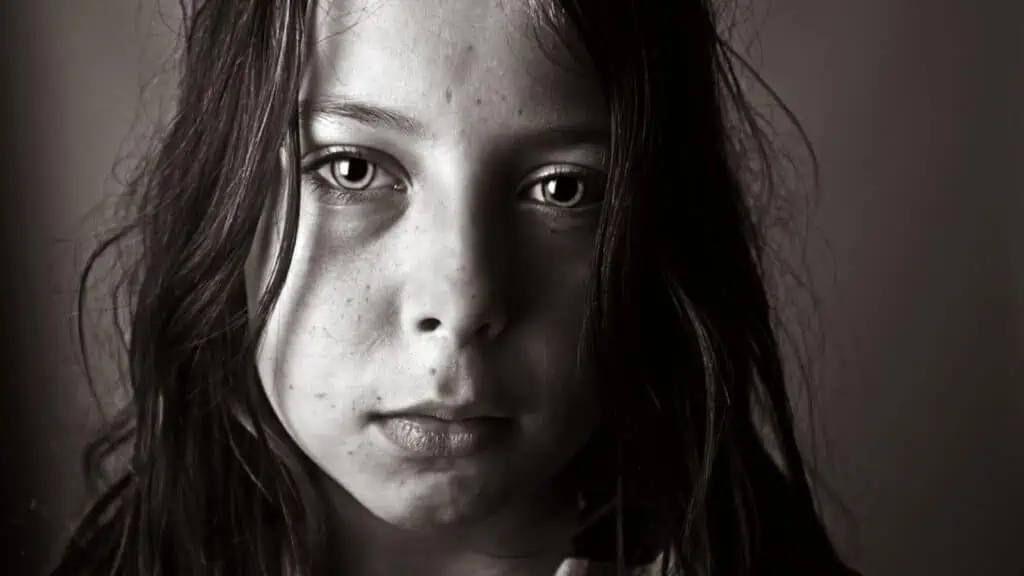
Countless adults sitting in a therapist’s office today are grappling with the lasting impact of words spoken by their parents during childhood. Regardless of how you perceive yourself, in your child’s eyes, you are nothing short of the most remarkable thing to happen to them since “skip intro.” This underscores the critical importance of being mindful of what you say to your children, as your words become the small but influential voice in their developing minds.
20 Strong Words Parents Should Never Say to Their Kids
16 Common Phrases Grandparents Should Stop Saying to Their Grandkids

Do you still remember something your grandparents said that made you uncomfortable? As much as we adore our grandparents, their words (even with good intentions) can sometimes hurt our feelings or are plain embarrassing.
If you are a grandparent, using your words mindfully around your grandkids is as crucial as any other relationship. Words hold immense power and shape our kids’ behaviors and perceptions.
16 Common Phrases Grandparents Should Stop Saying to Their Grandkids

